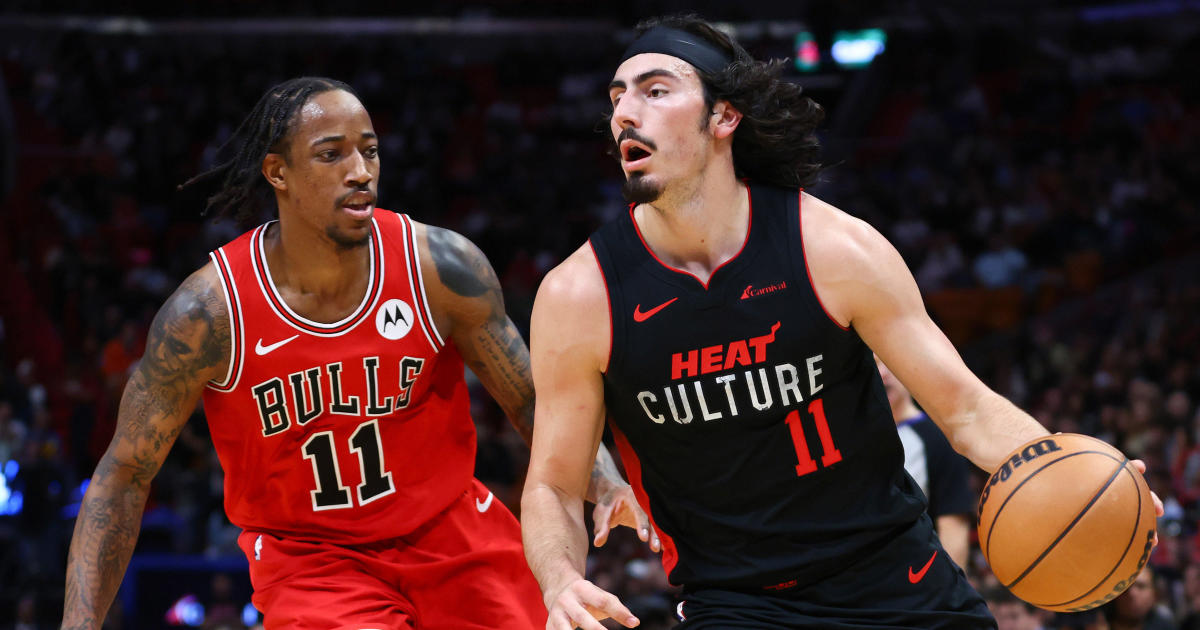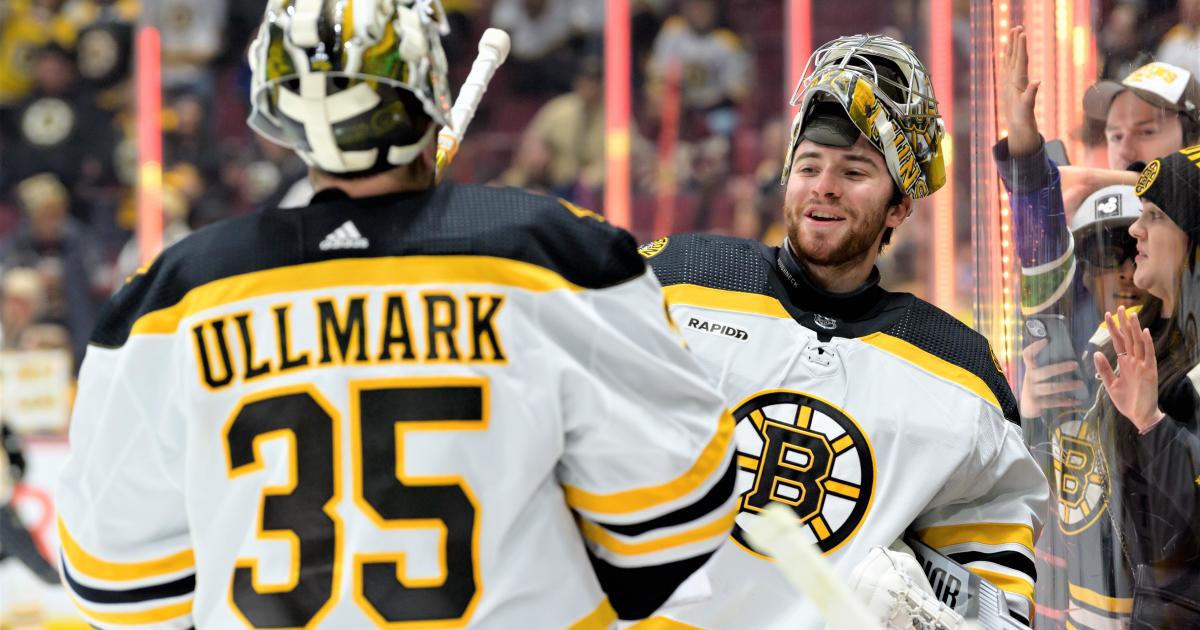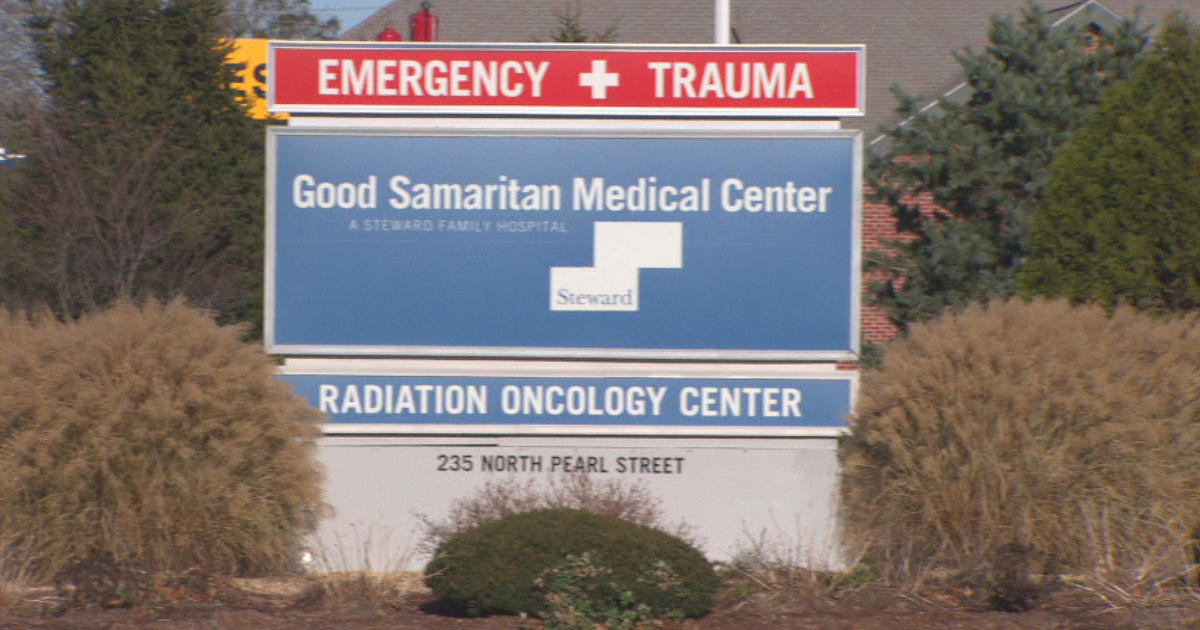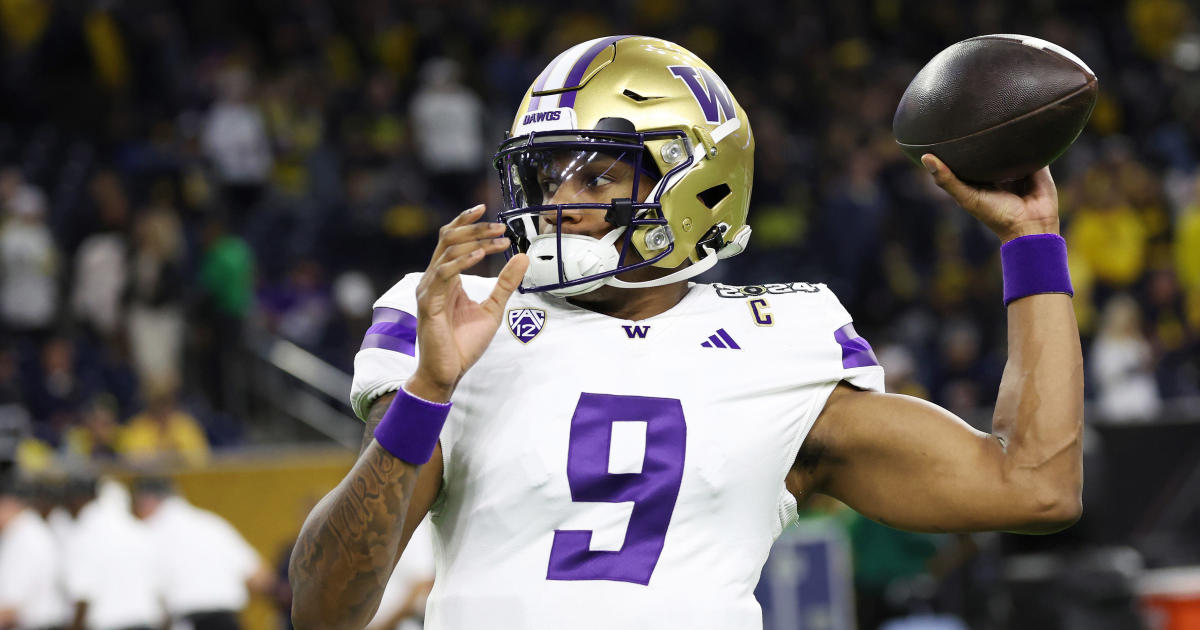NHL Plays Dumb In Concussion Lawsuit, Subpoenas BU CTE Center For Records
BOSTON (CBS) -- Boston University's CTE Center has been subpoenaed for medical records for the first time. Asked to produce records related to its concussion research, the center's work will play a major role in the looming court battle between the National Hockey League and a group of former players.
Who served the subpoenas? The NHL. That's right. Not the players, the league.
According to documents obtained by TSN, the NHL requested records from two BU researchers, Dr. Ann McKee and Dr. Robert Stern. The Center's Co-director Chris Nowinski, executive director of the Concussion Legacy Foundation and one of America's leading concussion research advocates, also received a subpoena.
Among the requested records are concussion-related research and any communications between the research center and current & former NHL players, as well as players' families and agents, according to TSN.
The NHL is reportedly requesting the records as part of its pending defense in a federal case, concerning charges of negligence by former players who have suffered long-term health issues related to concussions. Several deceased NHL players have also been diagnosed with CTE, or chronic traumatic encephalopathy. At the heart of the case is whether the NHL knew about long-term problems stemming from concussions, and knowingly allowed players to hit the ice at less than full health.
The BU Center diagnosed deceased former NHL enforcers Bob Probert and Derek Boogaard with CTE - a progressive degenerative brain disease characterized by problems with memory, aggression, depression, and dementia, among other serious symptoms - whose connection to professional contact sports becomes more apparent with each passing day. Former NHL defenseman Reggie Fleming, who retired in 1978, was also diagnosed with CTE.
Still, that hasn't stopped NHL Commissioner Gary Bettman from playing dumb. When asked about the connection between pro sports, repetitive brain trauma and CTE, Bettman told reporters in May that "there is no evidence yet that one leads to the other."
Bettman obviously has the right to defend his league, but these were insultingly obtuse comments about the case that already has some legitimate research, which is a big part of the league's subpoena, backing it. Bettman would have been better off saying nothing.
"I know there are a lot of theories, but if you ask people who study it, they tell you there is no statistical correlation that can definitely make that conclusion.," he continued.
Nowinski, author of Head Games: Football's Concussion Crisis, responded swiftly to Bettman's comments in May.
Technically, both are right. You can't definitively say that all sports-related concussions cause CTE, but it's incredibly disingenuous to claim that there is "no evidence."
An extensive BU study published in 2012 analyzed the brains of 85 former athletes, veterans, and civilians with histories of repetitive mild brain trauma. Sixty-eight of the 85 brains showed significant signs of CTE; four of those brains belonged to former NHL players with an age range from 28-73. Three of them had Stage II CTE, and the fourth had Stage III.
According to TSN, the NHL has also requested the dismissal of claims made by three other NHL players because they never filled out required fact sheets to list their medical histories. A fair argument, but an obvious attempt by the league to dismiss those particular cases on a technicality.
It appears that NHL lawyers plan to comb through the documents provided by BU to poke holes or expose inconsistencies in the center's findings. It's understandable of them to do their due diligence with these documents, but the longer the lawsuit drags on the weaker the league's case appears.
BU's CTE Center is the home of a "brain bank" which has received pledges from many former athletes and others to donate their brains for post-mortem research. According to the BU blog, the number of pledges stands at 170 and continues to rise.
Bettman is probably best off refusing to comment on the matter at this point. To act so dismissive of all of BU's research, and even demand the center's own records in an attempt to refute their evidence, only makes him and the league look worse as the case goes on.
And the research connecting concussions to physical sports only keeps getting stronger.
Matt Dolloff is a writer for CBSBostonSports.com. His opinions do not necessarily reflect that of CBS or 98.5 The Sports Hub. Read more from Matt here and follow him on Twitter @mattdolloff.



